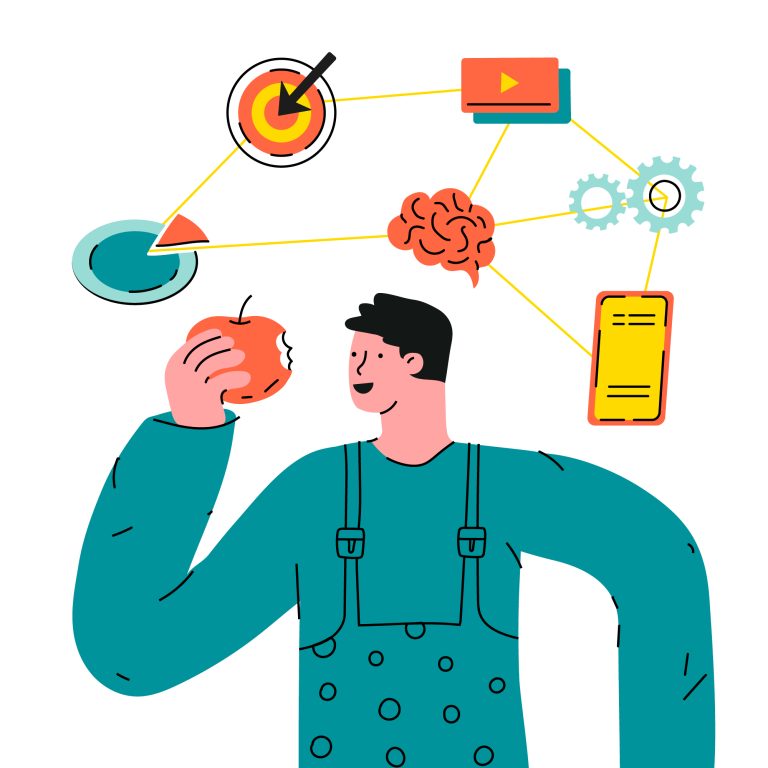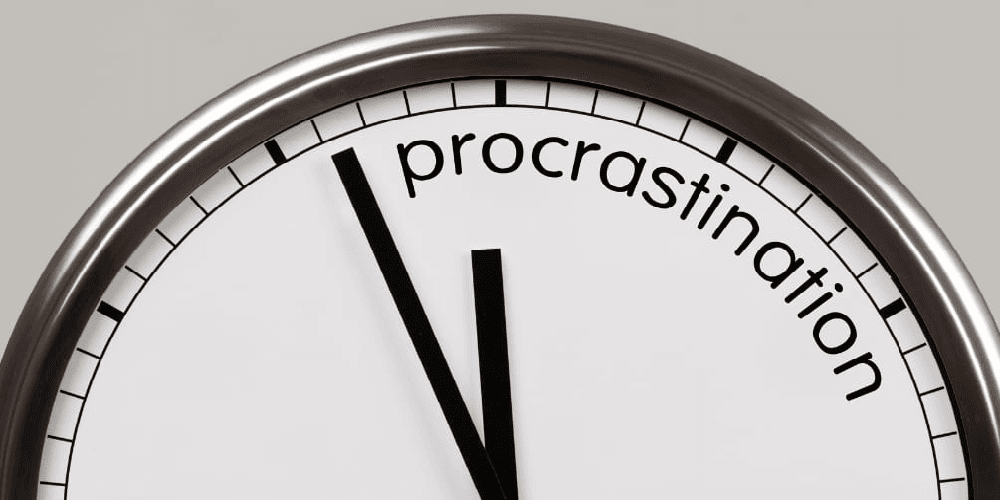Procrastination and Avoidance
Procrastination and Avoidance
procrastination and Avoidance Procrastination and avoidance are common challenges that can disrupt your personal and professional life. At the Peacefulness Counseling Center, we offer a supportive environment to help you understand the root causes of these behaviors, develop effective strategies to overcome them and regain control over your productivity and well-being

Understanding Procrastination and Avoidance
Procrastination and avoidance are more than just putting off tasks; they are patterns of behavior that can severely impact your ability to achieve your goals. Procrastination often involves delaying tasks that you find difficult, boring, or overwhelming, while avoidance is the act of steering clear of situations or responsibilities that cause discomfort or anxiety. Both can lead to a cycle of stress, guilt, and reduced self-esteem. It’s important to recognize that these behaviors are often symptoms of underlying issues such as fear of failure, perfectionism, or anxiety.
Signs and Symptoms of Procrastination and Avoidance
Procrastination and avoidance can manifest in various ways, affecting your thoughts, emotions, and actions. Common signs and symptoms include:
- Constantly delaying tasks despite knowing their importance.
- Feeling overwhelmed by the thought of starting a task.
- Avoiding situations that may lead to discomfort or failure.
- Difficulty making decisions or committing to a course of action.
- Making excuses or rationalizing delays in starting tasks.
- Increased stress and anxiety due to unfinished tasks.
- Low motivation or energy levels.
- Poor time management and prioritization.
- Reduced productivity and efficiency.
- Feelings of guilt or shame over not meeting expectations.
- Negative impact on relationships, work, or academic performance.
Procrastination and avoidance not only hinder your ability to complete tasks but can also exacerbate mental health conditions like anxiety and depression, creating a vicious cycle of stress and avoidance.

Types of Procrastination and Avoidance
Understanding the different types of procrastination and avoidance can help tailor your treatment plan:
- Task-Based Procrastination: Delaying specific tasks due to their difficulty, complexity, or perceived unpleasantness.
- Decision-Based Procrastination: Avoiding making decisions due to fear of making the wrong choice or dealing with the consequences.
- Perfectionism-Driven Procrastination: Postponing tasks because of unrealistic expectations or fear of not meeting high standards.
- Avoidant Coping: Steering clear of situations that may cause stress, anxiety, or discomfort.
- Chronic Procrastination: A persistent habit of procrastination that affects multiple areas of life, leading to long-term consequences.
How Counseling for Procrastination and Avoidance Can Help You
: Counseling offers numerous benefits tailored to help you overcome procrastination and avoidance. We will assist you in
Identifying the underlying causes of your procrastination and avoidance, such as fear of failure, anxiety, or perfectionism.1
Developing personalized strategies to break the cycle of procrastination, including time management techniques and setting realistic goals.2
Building self-awareness to recognize and challenge negative thought patterns that contribute to avoidance.3
Learning to manage stress and anxiety that often accompany procrastination through relaxation techniques and mindfulness exercises.4
Improving decision-making skills to reduce hesitation and increase confidence in your choices.5
Enhancing your motivation and self-discipline through behavioral strategies and positive reinforcement.6
What to Expect in Our Sessions
Counseling for procrastination and avoidance is a collaborative process where you work closely with your counselor to explore your behaviors, thoughts, and feelings. Through open discussions, you will uncover the reasons behind your procrastination and develop practical solutions to address them. Techniques may include cognitive-behavioral therapy (CBT), which focuses on changing negative thought patterns, and mindfulness practices that help you stay present and 23 focused. You’ll also learn effective time management skills and strategies to boost motivation and productivity.
Is Counseling for Procrastination and Avoidance Right for You?
If procrastination and avoidance are affecting your ability to achieve your goals, impacting your relationships, work, or school performance, our professional counseling services can help. Whether you’re struggling with task-based procrastination, decision-making, or avoidance of specific situations, we’re here to support you in overcoming these challenges and
leading a more productive, fulfilling life. Ready to Take the First Step?
Don’t let procrastination and avoidance hold you back any longer. Please book a counseling session with us today and start your journey toward greater productivity and well-being. Our compassionate counselors are here to guide you every step of the way.

